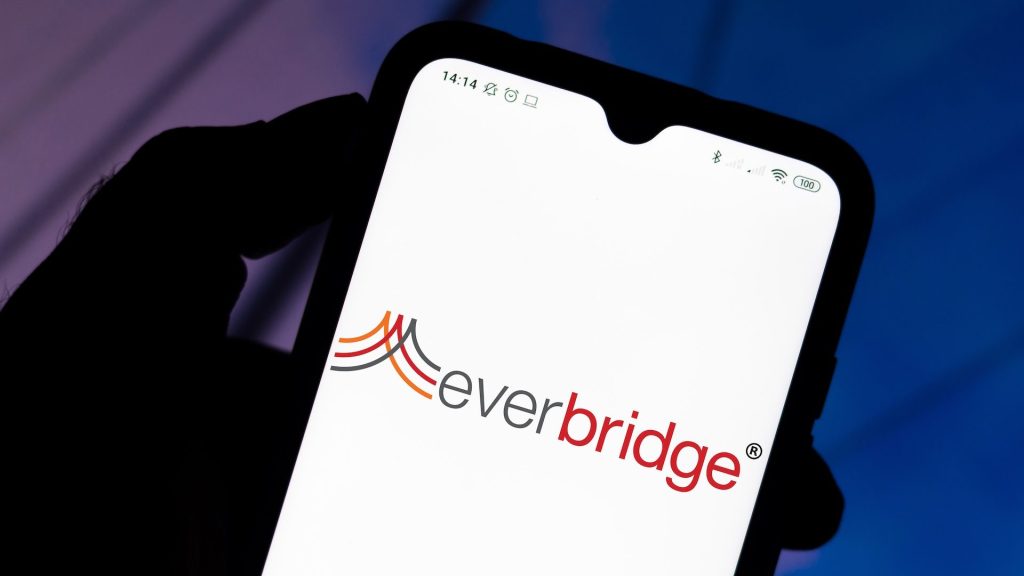The 2024 IPO season is on the horizon, but until those S-1 filings drop, we at least have private equity M&A to keep us busy.
This week, Everbridge said it had agreed to be taken private by Thoma Bravo for $1.5 billion in an all-cash transaction — a roughly 50% premium on its market cap before the deal was announced.
The Everbridge deal is good fodder for better understanding exit prices for technology businesses today. Over the past few years, the company has gone from being a fast-growing software business to a slower-growing but more cash-generative entity, so its exit price has a few lessons for founders.
Everbridge helps governments and enterprises from across the industrial spectrum respond to emergency situations, and it operates in a market that could prove fertile provided global political and meteorological instability continue to ratchet higher. Lately, however, its growth pace has rapidly decelerated.
You can see the decline in Everbridge’s revenue results from the past several years. The company’s revenue increased 35% in 2020 and inched a tad higher to 36% in 2021. The next year, the company managed a far more modest 17% expansion of its topline, and in its Q3 2023 report, it forecast revenue to increase just 4% in 2023.
Still, Everbridge has made strides toward improving its profitability in recent quarters. Adjusted net income increased to $20.2 million in Q3 2023 from $12.3 million a year ago, and its adjusted EBITDA expanded to $23.7 million from $15.2 million in the same period.
Taking a broader view, Everbridge has managed to switch to improving its profitability and cash generation. The following slide from its Q3 2023 investor deck details the historical data:

Investors have not been too impressed by the company’s performance. After going public at $12 per share, its shares rose to more than $166 in 2021. But its stock lost momentum in early 2022 and was recently trading between $21 and $22 until this deal was announced.

In short, investors once thought quite a lot of Everbridge, but as its growth evaporated and the market for tech shares shifted dramatically, its value fell precipitously.
But now Everbridge has a neat premium stapled to its value, so what can we glean from its exit price? Software startups that offer their products on a subscription basis (SaaS) often compare their annual recurring revenue (ARR) to their worth. The calculation yields a multiple that tends to scale higher with faster revenue growth and vice versa. Everbridge reported ARR of $399 million in Q3 2023, but since the company is expected to post a decline in revenue in the fourth quarter, we don’t have to worry about its ARR figure scaling rapidly between then and now.
At a $1.5 billion valuation, the company can command a multiple of 3.75x its ARR. How does that compare to industry norms? Altimeter investor Jamin Ball noted last week that public software companies that are growing at less than 15% on a year-over-year basis are worth a median 4.3x their next 12 months’ revenue, divided by their enterprise value. It’s a little hard to compare that figure to our ARR multiple since we don’t have Everbridge’s recent cash balances and updated debt tallies, but those multiples are not too far from one another.
So, we can infer that Everbridge’s revenue decelerated to about –3% to –1% in Q4 2023 (bad), but that’s offset by its rising profitability (good), and this sale premium (useful) allows it to earn something close to a median, low-growth ARR multiple.
In simpler terms, making more money over time can help a tech company defend its revenue multiple somewhat, but not nearly enough to combat a nigh-complete loss of growth.
The good news for startup founders is that they can sell their slow-growing companies for a price that faster-growth companies could command. The bad news is that such math only yields a low, single-digit ARR multiple — going from the Everbridge deal.
Cash generation and adjusted profit make for a safety net, but they’re not a very robust one. Startups should not expect their valuations to be salvaged that much by cash generation if their growth is all but zero.






